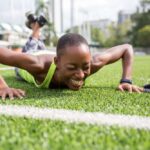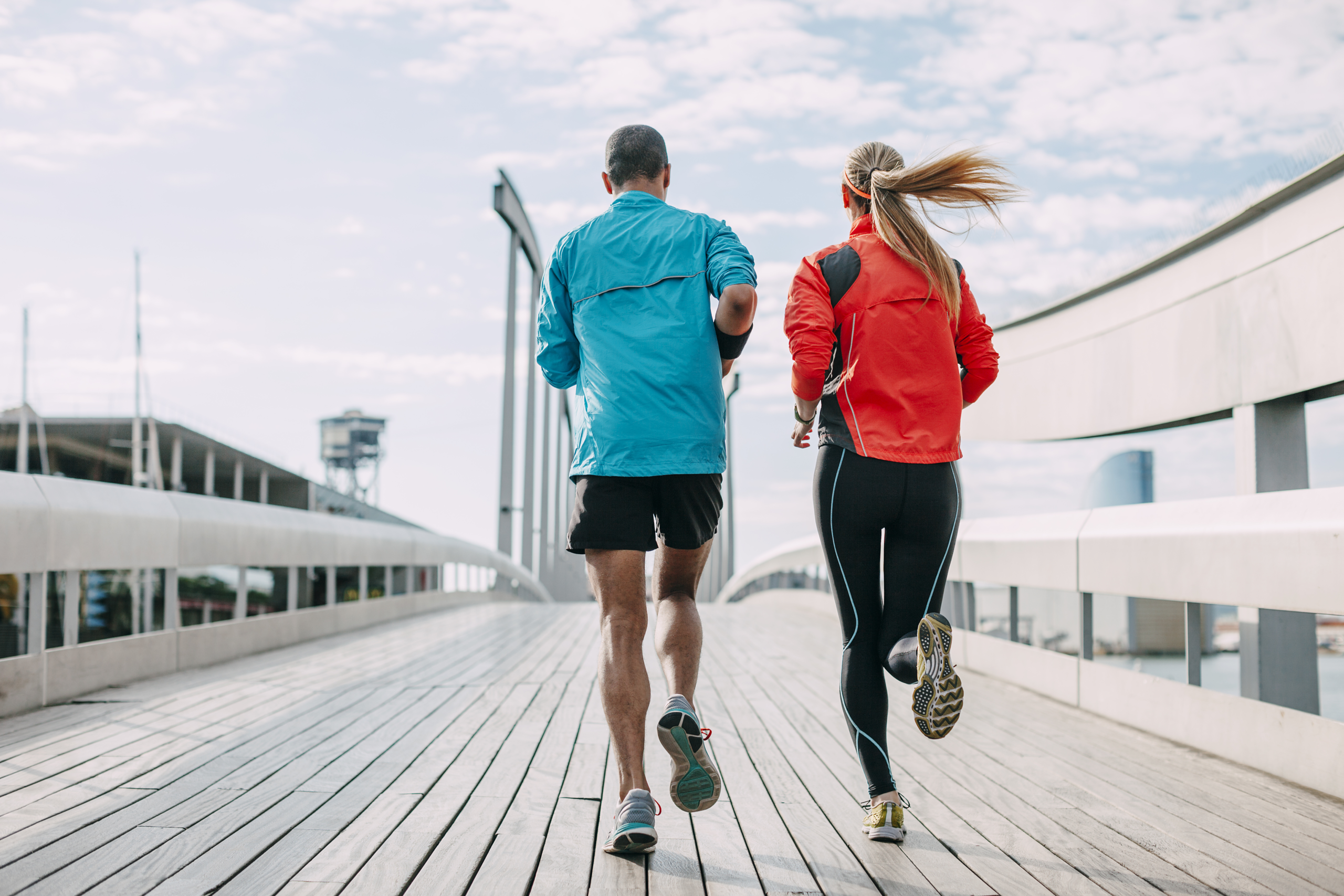VertiGONE! Here’s six ways to help prevent vertigo attacks
For many people who suffer from vertigo, attacks come back every now and then1,2 – sometimes when least expected. Even when treatment is well-tolerated and effective, many people still develop further attacks.3,4
Fortunately, there are ways to reduce the risk and prevent vertigo from coming back so often. Here’s six ways to help prevent those attacks from happening.
- Stick to your treatment plan. Rebalancing your vestibular system is the key to managing and preventing vertigo. Treatments can include physical therapy, medication, psychotherapy, or in a few cases, surgery.3,4 Sticking to prescribed treatments can help prevent symptoms from returning.5 Try to stick to your treatment plan as described by your doctor.5 (Read also “Why is adherence to treatment important in vertigo”.)
- Exercise. There are certain exercises you can do – including head and eye movements and walking exercises6,7 – which are referred to as ‘vestibular rehabilitation’. (See here some simple exercises you can do.) Exercises can help to retrain your brain to adapt to the sensations that trigger vertigo.1,6 They can also improve your balance and reduce the frequency and severity of vertigo attacks.6-8 Your doctor can be a great source of advice for exercises that can best work for you.6
- Stay on top of other health conditions. If you have another health condition, such as high blood pressure or high cholesterol, the risk of vertigo happening again is higher (Read also “What factors can trigger vertigo”).9-11 If your other condition is well managed, as well as the obvious health benefits, it will likely have benefits for preventing vertigo too.11
- Try mindfulness and relaxation techniques. In some cases, feeling stressed, anxious or tense can trigger vertigo.12-14 If you are suffering from anxiety, speak to your doctor about this – managing it could bring multiple health benefits (Read also “How to manage a vertigo attack”). Prioritize getting good sleep – the more well rested you are the better you will feel overall, and it can help to reduce some types of vertigo and dizziness.15
- Keep fit and healthy and avoid stimulants. In general, keeping fit and healthy helps with your overall health and vertigo prevention.16 Dietary changes such as reduction or restriction in salt, caffeine and alcohol may be beneficial too (Read also “Healthy eating as a preventive measure for managing vertigo”).16 Try different changes to your lifestyle to see if something makes a difference for you.
- Avoid activities that trigger your vertigo. Everyone has a unique set of triggers of their vertigo. For some, triggers can include turning in bed, dehydration or being stressed or anxious (Read also “What factors can trigger vertigo”).12-16 Paying attention to what triggers your vertigo can help you organize your day to reduce the risk of a vertigo attack.
By taking care of your vertigo with these recommendations, you can reduce the frequency and severity of your vertigo attacks, and improve your overall well-being.












